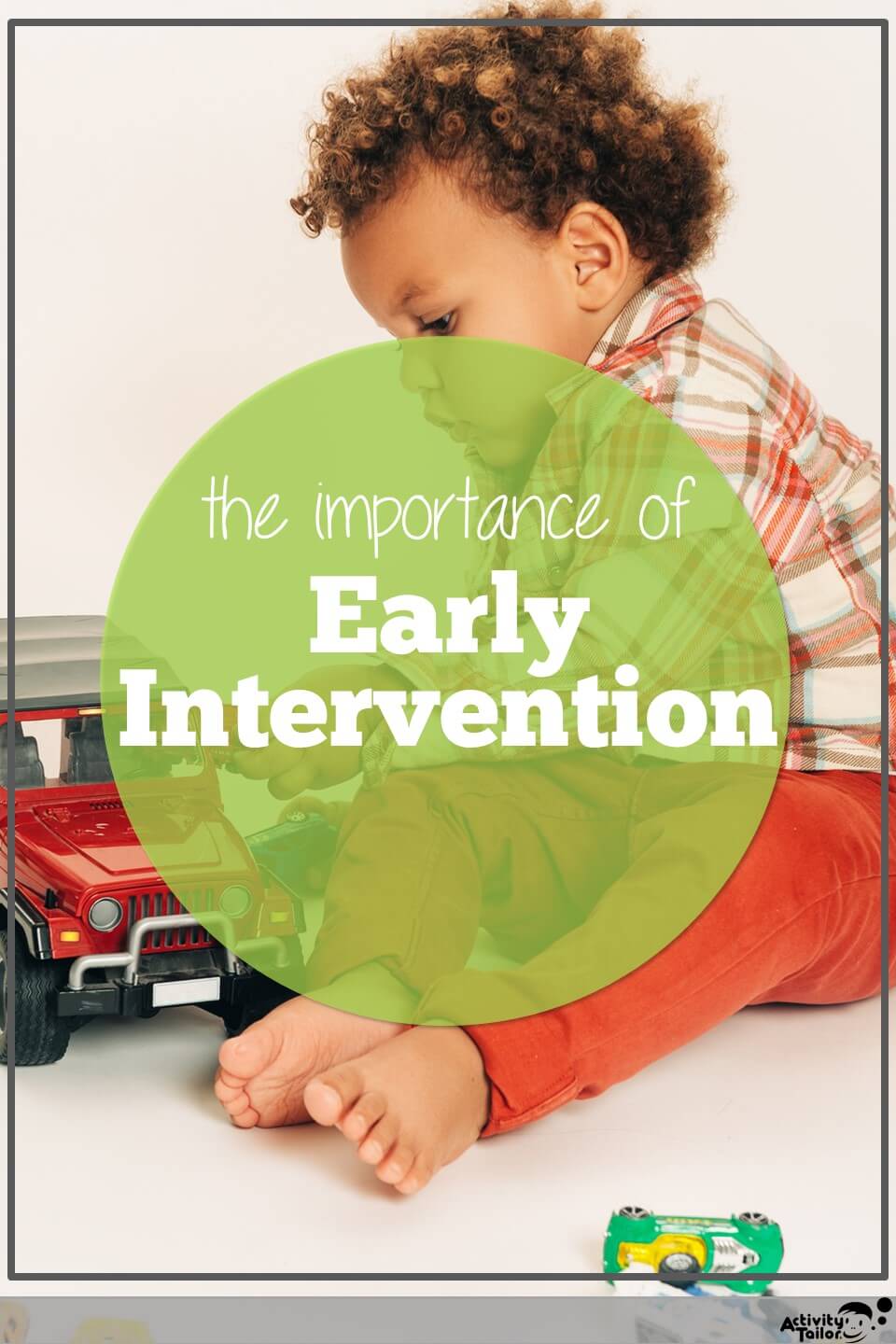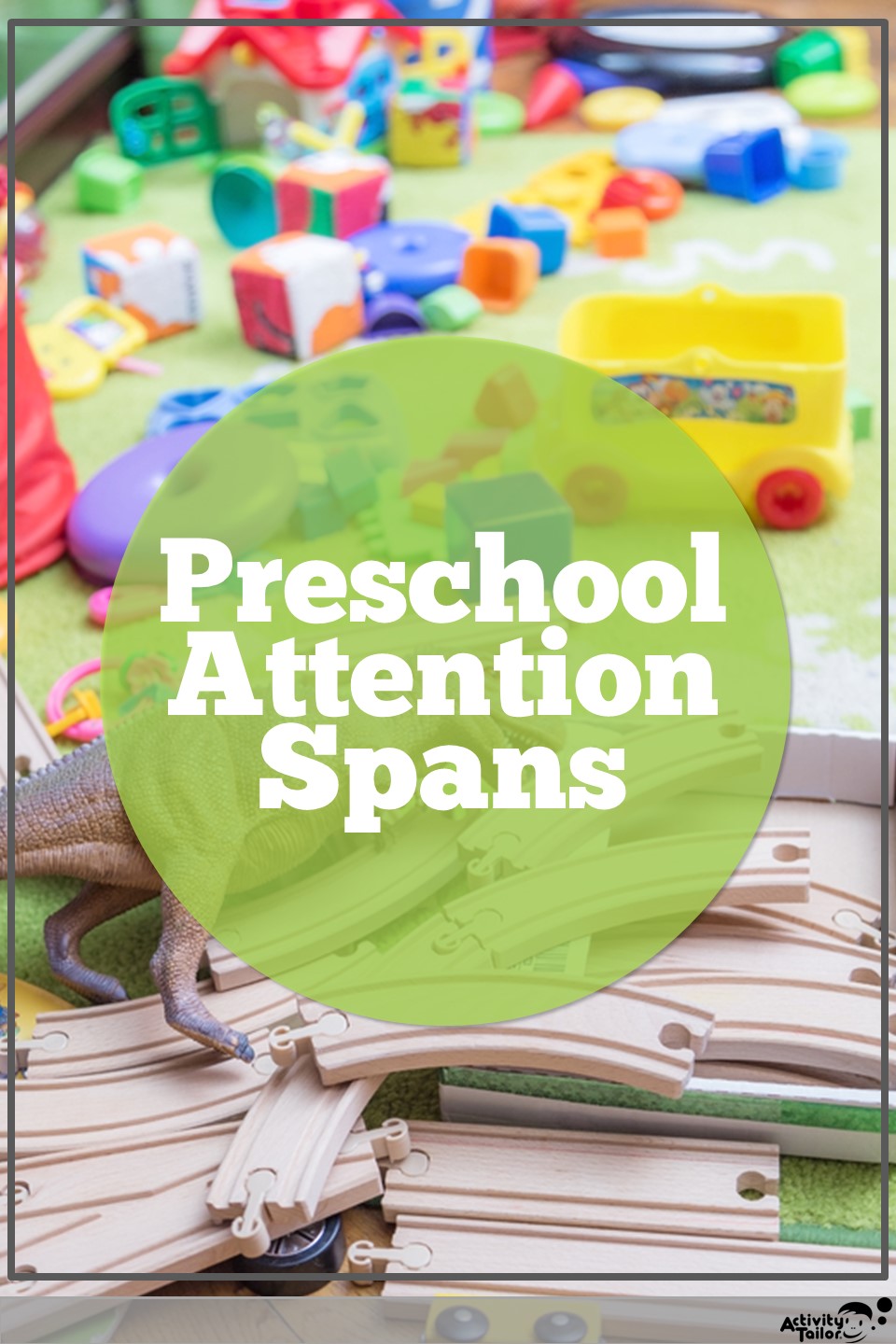It’s not unusual for me to get a request to see a student who stutters over the summer. I’m guessing it might be because the stress of the school year increased their disfluencies, or maybe they didn’t want the attention of being pulled from class during the school year. Whatever the reason may be, I actually prefer it.
“Flying the plane while you build it.”
This quote sums up a lot of what we do, but is perhaps particularly apt here. To me, summer is often the closest I have to building the plane while we’re on the ground since fluency tends to be better without the stressors of school. My students seem to be a bit more receptive to taking a communicative risk (like ordering in a restaurant) when they haven’t had an already turbulent day.
This is my general plan for fluency students which I adjust based on need and I often recommend a camp for students who stutter as well. (A quick Google search should bring up some in your area, Camp Shout Out and Camp Say are two worth looking at.)
My graduate school clinic had a strong fluency focus.
Introduce the anatomy.
I use this packet from Speech Room News. It offers a nice overview of what and how to introduce each “speech helper.”
Give them the information and strategies they need.
I use the Stuttering Mini-Unit from Natalie Snyders to introduce strategies and facts. I also like that it provides homework I can leave students with each time.
Address the emotional component.
Decision Time for Fluency is my choose-your-own-adventure story that gives me a chance to reinforce facts and also dive into some of the emotions around stuttering without coming straight at it. Communication situations arise for the main character and they have to decide which course of action to take. I get a lot of information from my students that I might not another way.
More practice!
If my students are older, we might do some videos and discussion questions. Younger students get games. We might also consider putting together a presentation for reinforcement, to share with peers or our family.
What are your go-to fluency products or lessons? Please leave a comment (and link) below!







This Post Has One Comment
Great post. Thanks for the resource list!
Comments are closed.